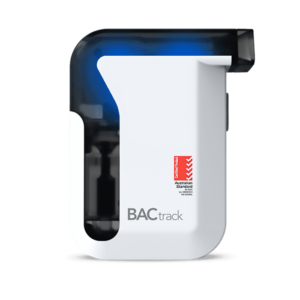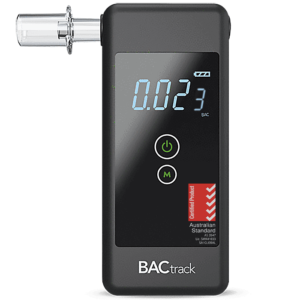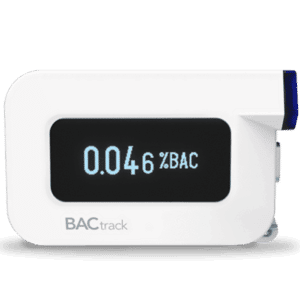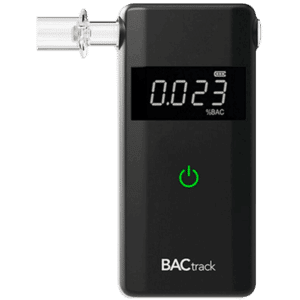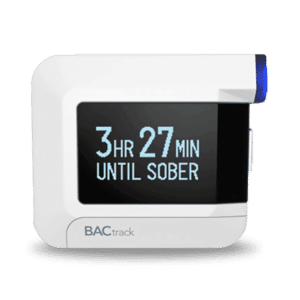Drug Test for Work: What It Is, the Types of Tests, and the Implications
15 February, 2024
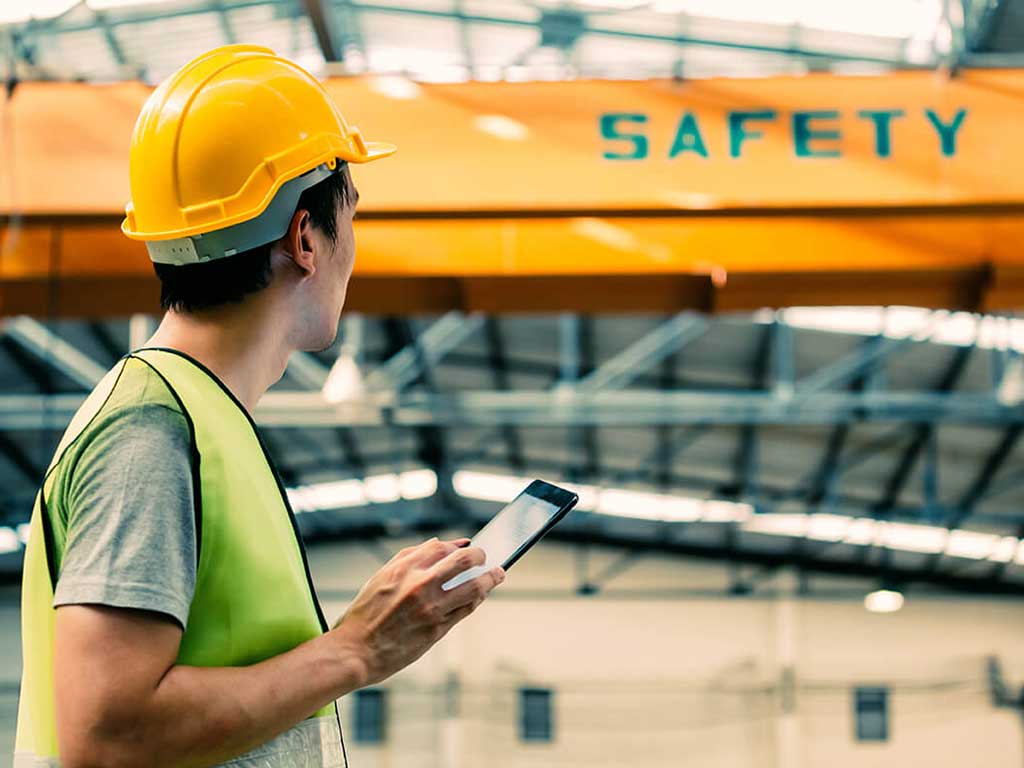
Drug testing has become more commonplace as substance use disorders grow as a prevalent issue. A drug test for work is the process of tracing substances or their metabolites in the biological samples of potential and current workers. The types include hair, blood, saliva, and urine tests. Each can detect various substances, including opioids and marijuana. A positive test result can have far-reaching implications and significantly impact their work prospects since it indicates that they have broken the workplace policy.
Illicit drug usage can lead to various impairments that can endanger workplace safety. Hence, testing is crucial to preventing them from causing accidents. It also serves as an effective deterrent, particularly random drug testing, since workers cannot prepare for it by abstaining from substance use for a few days. This article will present information on workplace drug testing, the kinds of drug tests, and the implications of a non-negative result.
What is a Drug Test for Work?
A drug test for work refers to the process of conducting a drug screen for current and prospective employees to trace their substance use. It is common in high-risk industries, like mining, construction, and transportation, due to the safety-sensitive nature of the positions in those businesses. Many of them conduct pre-employment drug tests to ensure potential employees do not have substance use issues.
Identifying workers with substance abuse disorders is crucial in maintaining workplace safety. This is why many organisations include drug screening procedures in their company policy. The policy should also outline the expected behaviours, prohibited activities, and possible disciplinary actions for violating it.
The workplace policy should also outline the situations when the company can conduct a drug screen. Besides pre-employment screens, companies may include reasonable suspicion, post-incident, blanket, and random testing. They should also include the types of drug testing methods they will use and the corresponding procedures. Overall, a drug test is crucial for ensuring employees comply with the workplace drug policy.
Importance of Drug Testing
- Workplace drug testing prevents impaired individuals from trying to accomplish safety-critical tasks, like operating heavy machinery.
- It provides an objective assessment of possible impairment due to illicit substance use.
- Regular drug testing serves as an effective deterrent to misusing prescription medication and illegal drugs.
- It can help reduce the rates of absenteeism, tardiness, and employee turnover.
- Screening for drugs can reduce the number of accidents that can cause injury or fatalities.
- It helps companies comply with safety legislation and regulations.
- Drug testing helps protect the company from costly litigation and reputational damage.
- It emphasises the commitment of the company to creating a safe workplace.
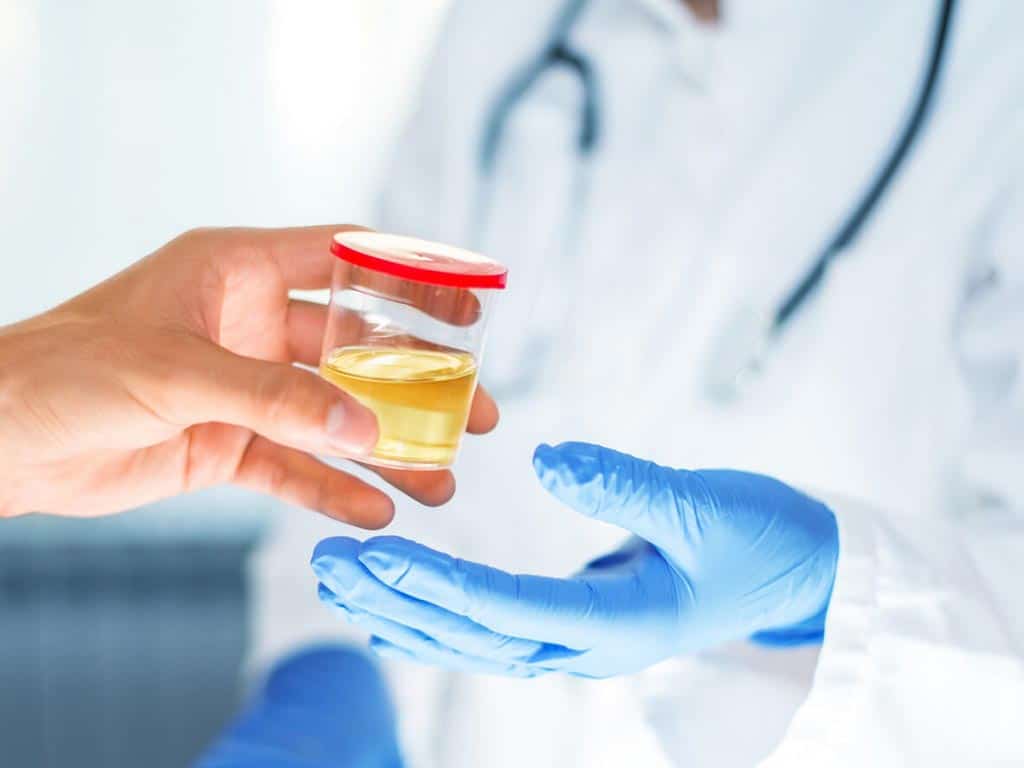
Types of Drug Tests for Work
There are various drug tests for work that employers can utilise. Firstly, urine drug tests are the standard for a comprehensive workplace drug test. This is because urine samples enable the detection of a wide range of substances for days. The collection procedure is also easy compared to other methods.
Another convenient method is saliva testing. This uses saliva samples gathered from inside the cheek or under the tongue. It has a detection window of 12 to 48 hours, depending on the drug. Hence, it helps trace recent use. Furthermore, the saliva collection procedure is ideal for onsite tests since it does not require using bathroom facilities.
Companies can also conduct a hair follicle test when a history of drug use is needed. It has a detection window of 90 days, but this does not include the substances consumed seven days before collection. Lastly, blood testing is the most accurate testing method. This is why it is often used for confirmatory testing. However, it uses an intrusive collection method.
Detectable Substances
The detectable substances in a drug test depend on the panels used for analysis. Many urine or saliva drug test kits offer multiple panels to test for different substances at once. However, for a more comprehensive screen, some may opt for laboratory testing.
The usual panels used are for commonly abused drugs, such as amphetamines, methamphetamines, cocaine, marijuana, benzodiazepines, and opioids. Some may also add panels for phencyclidine (PCP), barbiturates, opiates, and ethanol. Hence, the employee must communicate to their employer and the testing provider if they are currently taking prescription drugs for specific health issues.
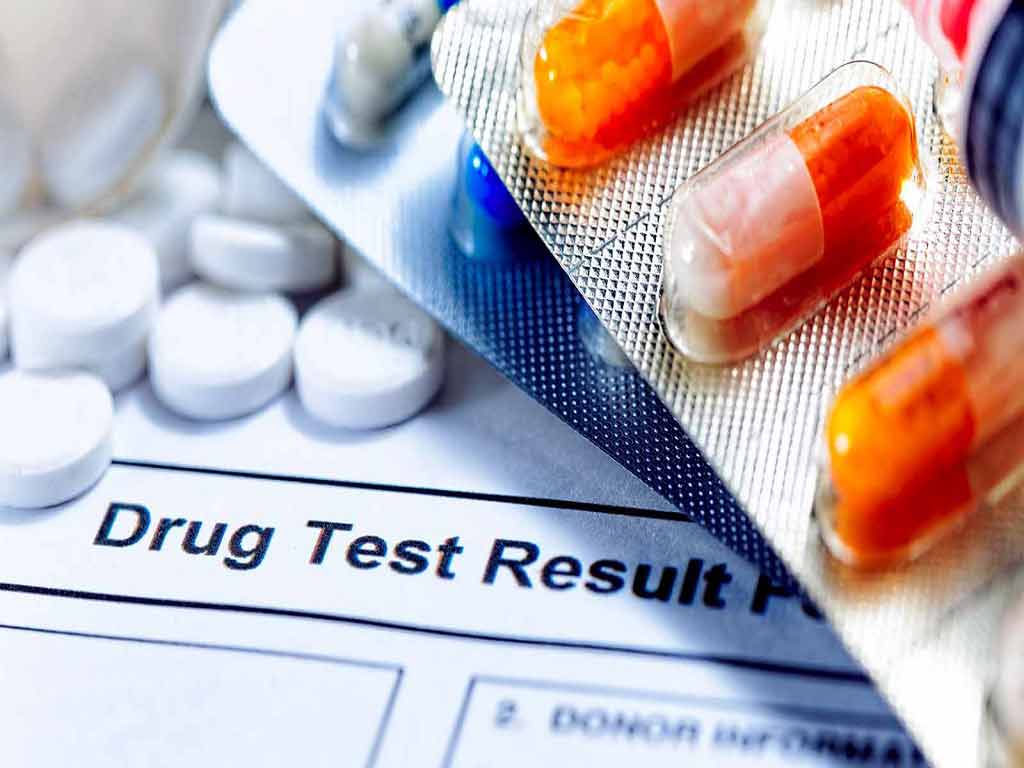
Implications of a Non-Negative Drug Test for Work
A non-negative drug test for work can have significant implications for the employee since it indicates they have broken the policy. Hence, following proper procedures is crucial to ensure fairness. Moreover, the results must remain private and confidential to protect the rights of the worker. Generally, a company interviews the employee to explain or refute the test result. After a non-negative outcome, they may undergo confirmatory testing.
The employer may disregard the initial report if the confirmatory report is negative. However, if the report shows a positive result, the worker will face disciplinary measures. This may include suspensions, demotions, or even termination. Some may also need to participate in rehabilitation programs before employers allow them to work again.
This can have a detrimental effect on their career prospects and earning potential. This is because it raises questions about their ability to fulfil their work duties safely. This can also damage their reputation, leading to difficulty searching for new employment. Lastly, some cases may even have legal implications, especially for those in the transportation sector.
Treatment Resources
Providing treatment resources is crucial for employers who wish to aid their workers with substance use disorders. Access to such resources can significantly help them overcome their addiction and recover from their issues. The resources may include counselling services, support groups, and aid with consulting medical professionals specialising in addiction treatments.
These resources provide the employee with the tools and strategies to achieve sobriety. Furthermore, providing workers access to these resources can improve morale and productivity. It can also help the company in the long term since training new employees can be costly and time-consuming.
Conclusion
A drug test for work refers to the method of tracing substances from the biological samples of a worker. It can ascertain their capability to work and identify those with substance use disorders. This helps the company minimise risks and prevent accidents that can cause injuries to those in the workplace. As such, testing is usually done at pre-employment, at random, or when there is reasonable suspicion.
Companies may use blood, hair, urine, and saliva tests to prevent the negative impact of drug use from affecting the company. They may use drug testing kits or contact screening service providers to trace for amphetamines, opioids, marijuana, cocaine, and benzodiazepines. If the report returns as a non-negative, they may conduct a confirmatory test to ensure the accuracy of the result. If the final report is positive, the employee may face suspension, demotion, or termination.


















